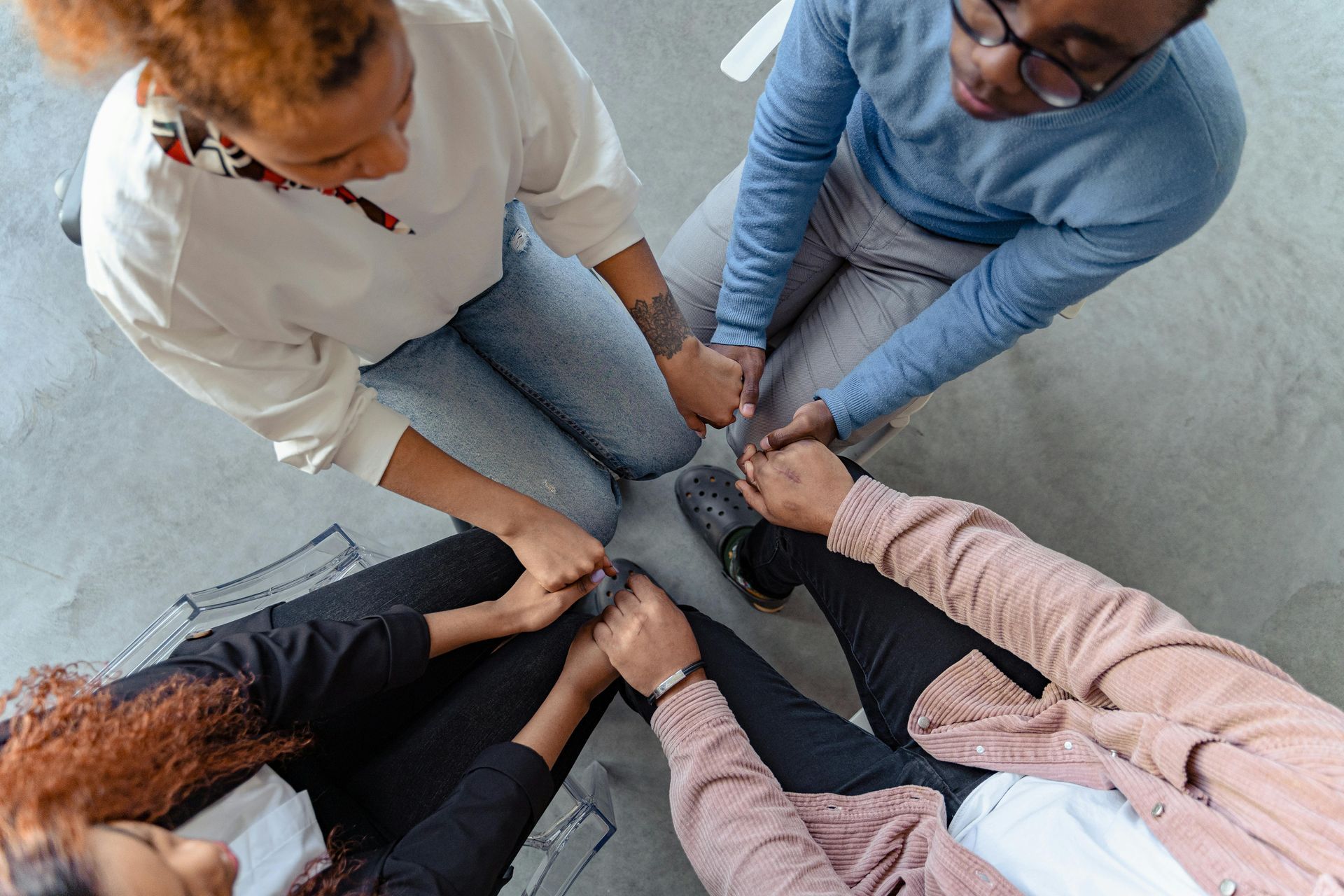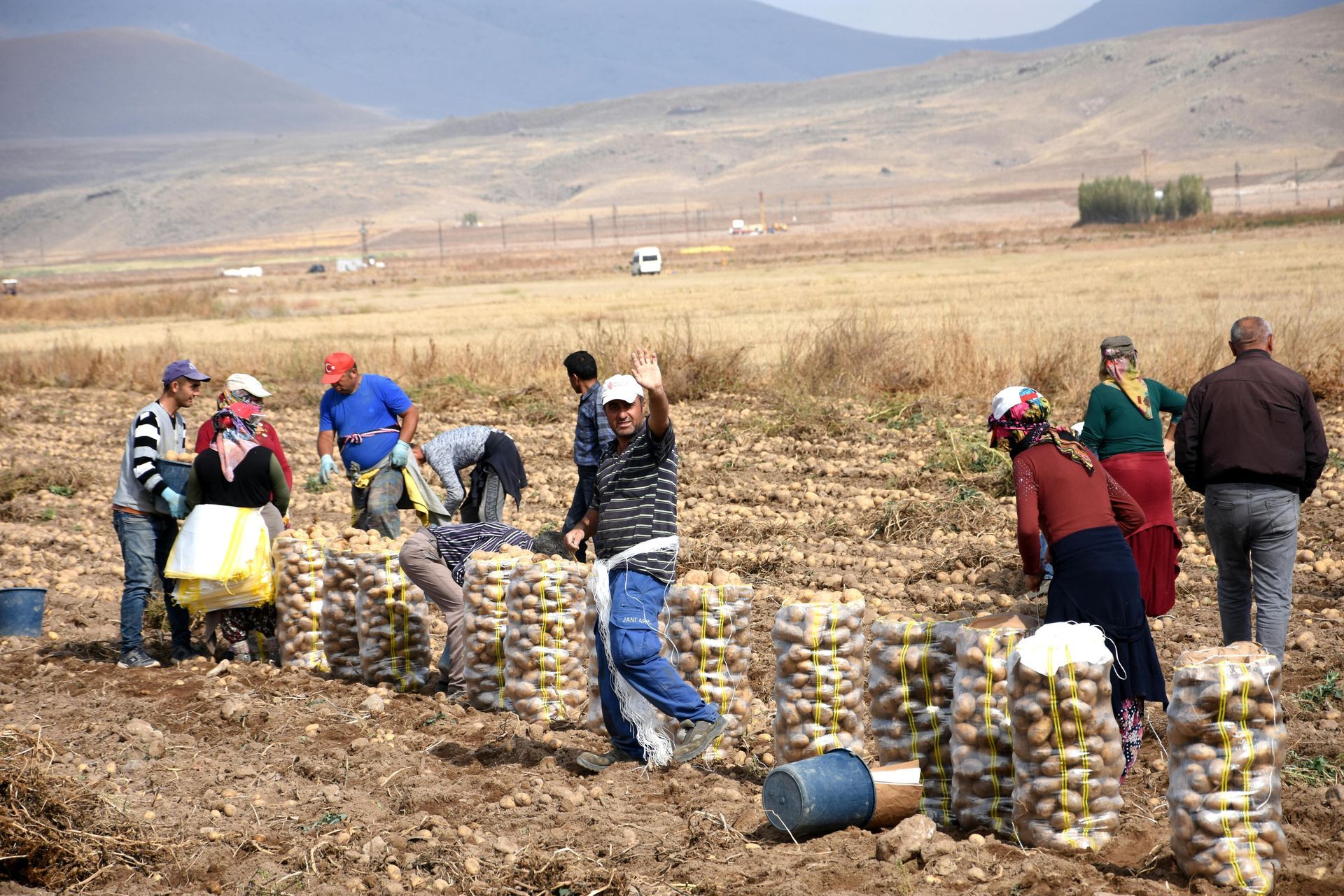The Importance Of Community Programs For Sex Trafficking Survivors🦋
Sex trafficking survivors have faced serious trauma, domestic violence and lived through unbearable circumstances and use of force. Many survivors of human trafficking also hold criminal records because of these circumstances. Unfortunately, this often prevents crime victims from integrating back into society easily.
After escaping abuse, all these individuals want is to start a better life. This is why community programs at organizations like Hope Against Trafficking are critical for providing the support, safety, and hope to those who need it most. Keep reading to find out why these resources are so important, and how you can help today.
Key Takeaways
- Community programs like those at Hope provide safe housing and programming for survivors - helping them get back on their feet after escaping abuse.
- Survivors rely on local therapy and resources in Michigan to heal from long-term trauma, including violence and exploitation.
- Many victims face obstacles like criminal records or lack of assets after human trafficking situations. However, support like career training can help rebuild victim's independence.
- Your donations to groups like Hope Against Trafficking provide vital resources to survivors.
- Homeland Security Investigations, the National Human Trafficking Hotline, and Victim Assistance Programs are other organizations that offer help to trafficking victims.
- Supporting community initiatives offers sex trafficking survivors a real chance at a normal life by helping them establish stable jobs and get access to mental health services for free.
The Role of Community Programs in Supporting Survivors
Community programs play an important role in helping victims recover from trauma. They can provide safe spaces, therapy, and training that empowers individuals to rebuild their lives after sexual abuse.
Providing Safe Spaces and Shelter
Hope Against Trafficking's residential programming provide female trafficking survivors a safe space for healing, as well as the mental health resources and life trainings to rehabilitate successfully. Sex traffickers often control every part of a victim’s life, including their sleep, meals, and freedom, so survivors need help to ease back into society.
Shelters also offer safe spaces where survivors can keep a safe distance from their former trafficker or anyone searching for them on social media.
Survivors need more than just rescue. They deserve long-term security and hope.
Access to Counseling and Mental Health Services
Sex trafficking survivors often suffer from ongoing trauma years after escaping. Many will experience nightmares, anxiety, and chronic fear.
You help provide mental health support to survivors when you donate to local community programs in Michigan like Hope Against Trafficking. They connect survivors with mental health professionals, assisting in their recovery.
The Department of Justice notes an ongoing need for long-term therapy since many human trafficking victims are very young and forced into participating in commercial sex acts which creates long term mental problems.
Beyond just physical and mental abuse, other significant issues like financial exploitation and loss of trust in others are critical to restore. By supporting local victim assistance programs, safety resources, and partnerships with groups like the National Human Trafficking Resource Center, more survivors can heal fully before building a new life on a strong foundation.
Career Training and Education Opportunities
Hope Against Trafficking in Pontiac, Michigan understands that career training and education is critical in helping survivors regain control of their lives. Many trafficking survivors escape dangerous situations empty handed or with criminal records, making it more difficult to reintegrate easily back into every day living.
You can do your part in supporting human rights by donating to fund programs that offer job skills training in areas like the service industry, health care, elder care, or even domestic work. With your donations, victims will gain access to necessary courses and certifications that make it easier for them to find a stable job after trafficking...even if they have criminal records from past trafficking cases.
Job training and access to mental health care support helps prevent people from falling victim to sex trafficking again. Your support builds a path away from commercial sexual exploitation through employment opportunities that allow survivors to successfully rebuild their lives again.
Help Empower Survivors
Community resources, like residential programming at Hope Against Trafficking play a crucial role in uplifting survivors of sex trafficking. These programs create safe spaces, access to mental health counseling, plus education and job opportunities. They empower women to rebuild their lives after becoming a sex trafficking case.
You can make a difference today by supporting these programs through donations and spreading the word. Together, we can help survivors create a brighter future and a gain a second chance at life.
FAQs
1. What are community programs for survivors of sex trafficking?
Community programs and initiatives help victims of human trafficking who have escaped forced labor or sexual abuse. These programs may offer shelter, medical care, case management, and general support and resources to victims of crime and their family members.
2. Why do survivors of trafficking need special resources?
Sex trafficking survivors face abuse and trauma from heinous crimes like child pornography. Traffickers use force and violence to coerce their victims in a traumatic manner. They often need health care providers, legal notices, victim compensation, plus additional resources to recover and live a normal life after trafficking.
3. How does the United States government support anti-trafficking efforts?
The federal bureau works with non-governmental organizations like Hope Against Trafficking to combat trafficking through criminal prosecutions. They also enforce the Trafficking Victims Protection Act. Official government organizations may provide additional essential services for human trafficking survivors.
4. Can survivor leaders play a role in these programs?
Survivor stories inspire others and guide potential victims toward resources and speaking out. Survivor leaders can share their knowledge about escaping dangerous situations in relation to massage parlors or foster care...establishments often linked to child sex trafficking and human traffickers.
5. Who can access these community resources?
Any victim of human trafficking or sexual assault can access help from community programs like Hope Against Trafficking.
6. What should someone do if they suspect someone is in immediate danger of sex trafficking?
People should contact their local police department federal bureau of investigation right away. Taking quick action helps potential victims escape further harm, and connects them with essential medical care and civil rights protections.





